Dobromir, Bulgaria/Northern Ireland
Dobromir, Bulgaria/Northern Ireland
My name is Dobromir Chemshirov. I am 44.
[Where are you from?] From Bulgaria. In Bulgaria, I had my own business. It was a shop, a small off-license.
[When did you leave?] I leave Bulgaria in 2001.
[Why did you leave?] Well, just to see if I can find a better life for my family and to discover a different part of the world.
[Whom did you leave Bulgaria with?] I left on my own, first, and then my wife and my daughter joined me. Well, we’re basically in Armagh, but we’ve lived there for about 14years.
I had a contract for a year and a half to work, actually it was in Lisburn. But then we moved to Armagh and expanded the contract for another year and a half, and after I just became self-employed. Yeah, it’s (Armagh) good, it’s quiet. Apart from the weather, especially at summer time because it’s not real summer. But in general, yes.
We do have our own business at the minute, yeah. We have a catering business. We have a coffee shop and a small restaurant in Armagh. The coffee shop is in Armagh inner centre. We tried to learn about Irish culture as well, Irish food, and to present our culture to the Irish people.
Because Bulgaria is our mother country. We basically are going back almost every year to Bulgaria for a few weeks. If I time… if I don’t have time for more than a week, my wife sometimes takes longer with the kids. But, yeah, we will.
The sun. The sun especially at summertime. Bulgarian mountains. Bulgarian people. Sometimes friends, yes of course, sometimes Bulgarian food. But now I have a restaurant so I can cook Bulgarian food on my own, if I wish.
The costume represents a part where I am from. This is the middle part of Bulgaria, Thracia. If you are familiar with the TV series Spartacus, Spartacus was from the same parts of the world, and he actually was a Thracian who was captured by the Romans. Basically, these parts of our lands, actually the costume represents the parts of our lands. But, a few centuries after when Spartacus was in the history, so the costumes are probably from 17th, 18th century part of Bulgarian history and Bulgarian folklore. It represents our nature and our traditions and our folklore.

